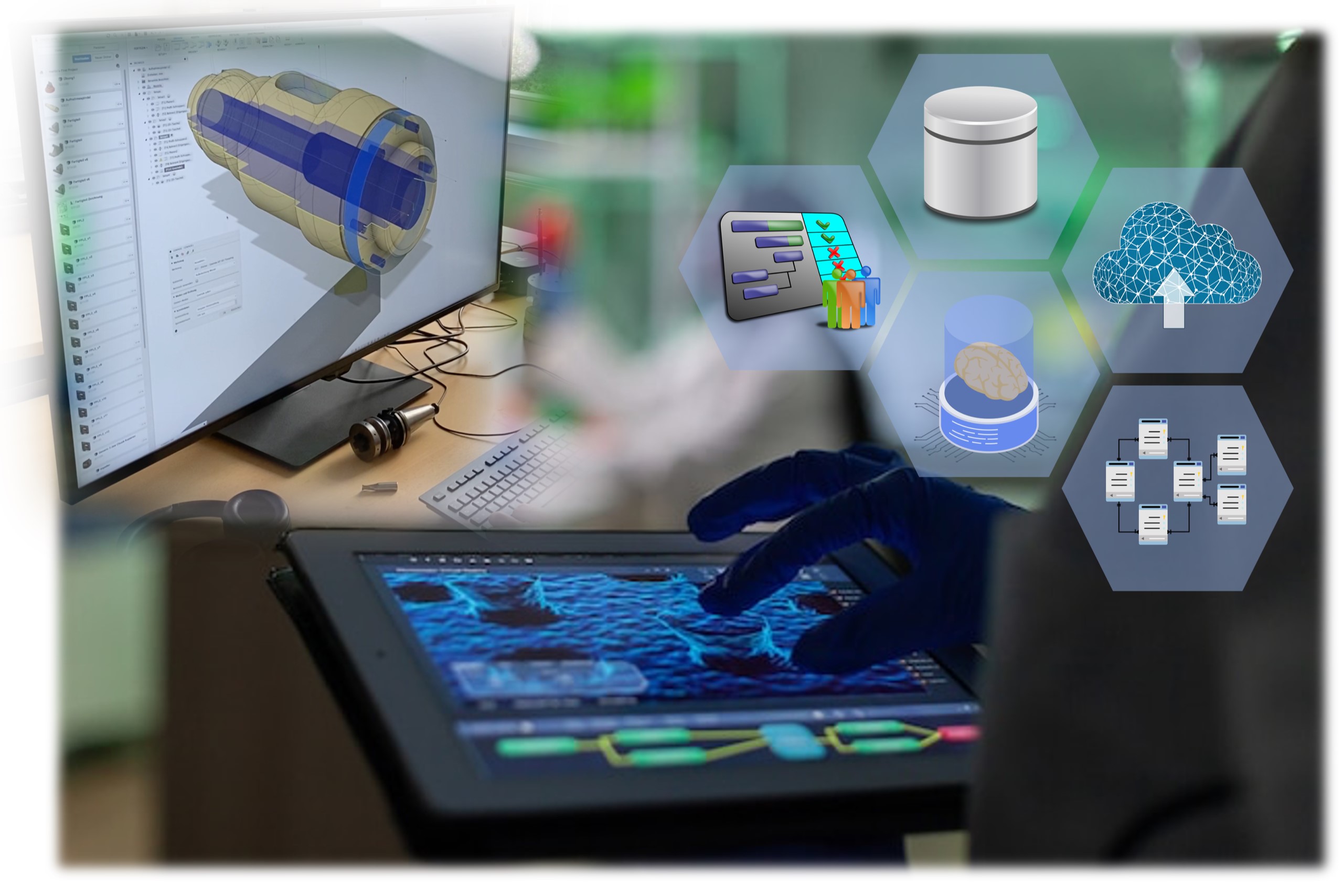
"Efficient manufacturing stands and falls with its planning. And it is a highly complex process," emphasizes Dr. Martin Erler from the Institute of Production Engineering (IF) at TU Dresden. "Automation of production planning is therefore the next 'big thing' in produc-tion. This is because production is becoming increasingly flexible, all the way to batch size 1, so its planning is becoming more and more complicated. In addition, planners have had to make many decisions up to now, the effects of which on production they can't even accurately predict." Erler and his team have been researching methods and technologies for automation for more than a decade. Learn what the researchers have discovered at Let's Talk Sci-ence on March 29, 2023, at 11:30 a.m.

The importance of flexibility in manufacturing has increased immensely. Cus-tomer needs are changing faster than ever before, and online commerce is doing the rest. Companies must constantly adapt their production to remain competitive. "Human-based planning work can't do all that," Erler cautions. "Planners need digital tools and agile methods to meet the challenges. And last but not least, employees must, after all, be trained in the new processes."
Manufacturing planning automation is therefore a key technology of the future. It runs fast, is standardized, and is based on extensive data. Since planners save significantly on capacity, they can in turn improve detailed planning and thus minimize any imponderables. At the Institute of Manufacturing Engineer-ing (IF) in Dresden, researchers are using a new hybrid approach of graph theory and solid modeling to make all this possible.
Find out how far the development of automated manufacturing planning has come and how you can benefit from it in the March edition of the EMO Hanno-ver 2023 monthly lunch talk. Don't miss out on the cutting-edge insight into this new key technology and ask your questions directly to the experts at
Let's Talk Science, March 29, 2023, 11:30 a.m.
World Media Group (WMG) Haber Servisi
 Industry News (English)
Industry News (English)
 Industry News (English)
Industry News (English)
 Industry News (English)
Industry News (English)